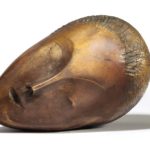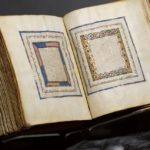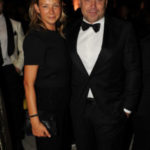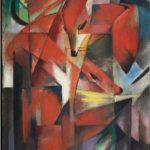Museum of Modern Art in Warsaw
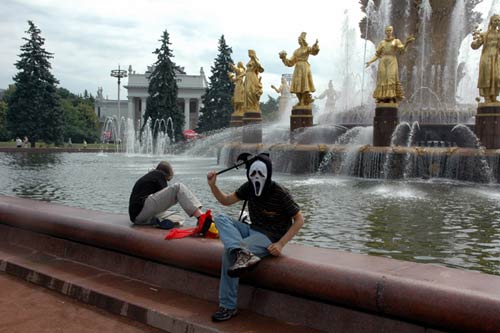
Auditorium Moscow. A Sketch for a Public Space
A Special Project of the 4th Moscow Biennial of Contemporary Art
16 September–16 October 2011
Opening:
16 September, 19.00
Belie Palaty, Prechistenka 1/2
Moscow
Complete program of events: www.auditorium-moscow.org
Curated by Ekaterina Degot, Joanna Mytkowska, David Riff in collaboration with Andrey Parshikov and Katia Szczeka
Artists: Yael Bartana, Christian von Borries, Sergei Bratkov, Matthijs de Bruijne, Tania Bruguera, Olga Chernysheva, Phil Collins, Chto Delat, Alexandra Galkina and David Ter-Oganyan, Sharon Hayes, Polina Kanis, Yakov Kazhdan, Yuri Leiderman and Andrei Silvestrov, Zbigniew Libera, Learning Film Group, Renzo Martens, Adrian Melis, Deimantas Narkevicius, Tobias Putrih, Haim Sokol, Hito Steyerl, Artur Żmijewski
Special guests: Charles Esche, Galit Eilat, Dorota Głażewska and Agata Szczęśniak (Krytyka Polityczna/Political Critique), Miguel Robles-Duran, and Sergei Sitar
With 14 million inhabitants and 101 billionaires, Moscow is Europe’s biggest city, and perhaps its most contradictory. The former center of the socialist world once again goes global, with financial and cultural involvement in all the world’s other capitals, and with massive migration of cheap labor from Central Asia. But at the same time, Moscow isolates itself from the world to which it belongs, constantly in danger of becoming a provincial megalopolis. More and more people realize that there can be no civil society on the basis of movie theaters, shopping malls, condominiums and fancy cafes alone.
In the project, the curators will test the hypothesis of a new self-critical public platform for contemporary art, at the very center of the city and at the heart of its contradictions. “Auditorium Moscow” is a self-educational initiative, a place for meeting and discussion, and an exhibition. Over the course of a month, the Moscow public will meet artists working with problems of urbanism and public space, as well as socio-political activism and its boundaries. The project’s contributors will collaborate in workshops with a special group of students, most of them from Moscow’s two emerging art schools, the Moscow Rodchenko School for Photography and Multimedia, and the Institute of Contemporary Art in Moscow (ICA Moscow). The project will feature a specially designed open air auditorium by Slovenian born artist Tobias Putrih.
Auditorium Moscow is the first project at the historical location of the Belie Palaty, a 17th century townhouse whose gates have remained closed for the last 20 years and will now be opened to the public. The venue is at the very beginning of the city’s so-called Golden Mile, where a fundamental gentrification has altered the dense urban fabric. A monument to Friedrich Engels sadly turns away from the reconstruction of Christ the Savior Church, in place of the unrealized Palace of the Soviets. At the same time, this place has a special meaning because it is where the human rights lawyer Stanislav Markelov and the journalist Anastasia Baburova were assassinated on January 19th 2009. The curators will preserve the improvised memorial on the building’s steps in solidarity.
Auditorium Moscow was initiated by the Museum of Modern Art in Warsaw in cooperation with curators Ekaterina Degot and David Riff. Established in 2005, the Museum is currently under construction, and located at a temporary premises. Its current program is very much defined by the social changes in former Eastern Europe, and its main focus is on the initiation of public debate. Auditorium Moscow reflects the museum’s interest in sharing knowledge on the notion of public space and understanding how it is reformulated in other societies under transformation.
The project is organized by the Museum of Modern Art in Warsaw and realized as part of the International Cultural Programme of the Polish EU Presidency coordinated by the Adam Mickiewicz Institute. The project is cofinanced by the Ministry of Culture and National Heritage of the Republic of Poland.

